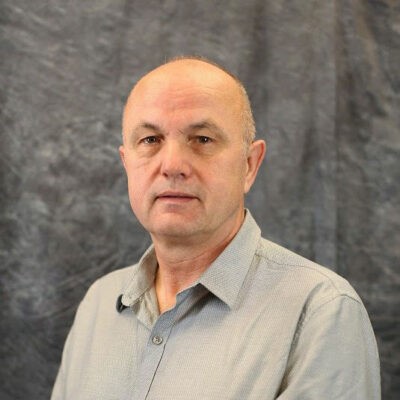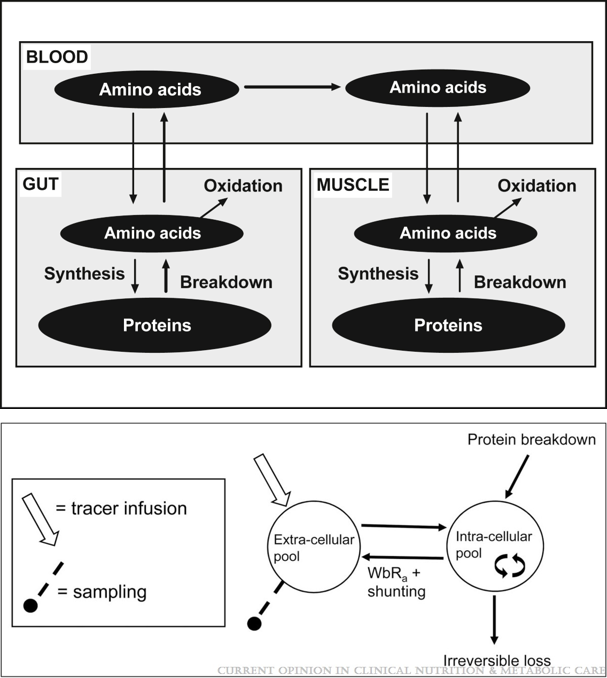General
On Tuesday January 9, the Tager seminar series will continue with a new lecture by prof.dr. Mick (Nicolaas) Deutz, professor of Health & Kinesiology at the Texas A&M University, who is also the director of the Center for Translational Research in Aging & Longevity. Dr. Deutz obtained his MD and PhD at the University of Amsterdam, Netherlands. He is a medical physiologist and Nutrition Physician Specialist.

Experience
Dr. Nicolaas Deutz, MD, PhD currently serves as Director for the Center for Translational Research in Aging and Longevity (CTRAL). For more than 30 years, his research background and expertise focus on nutrition, metabolism, and physiology studies involving the use of stable isotope methodologies, both in humans and animals. Dr. Deutz has extensive experience with isotopic calculations, validation and data interpretation. The stable isotope approaches are used in several studies to unravel the metabolic changes in patients with chronic diseases (i.e., chronic obstructive pulmonary disease, cancer, cystic fibrosis, chronic heart failure, obstructive sleep apnea, mild cognitive impairment and dementia, autism spectrum disorder) and acute disease (sepsis, postsurgery). This research leads to new insights in protein and amino acid kinetics in subjects with chronic disease and resulted in specific recommendations to nutritional supplements as method for reducing muscle wasting. Recently, he started studying the anabolic effects of specialized nutritional supplements in different chronic diseases and models of disease. Using translational approaches is a logical extension of the body of his research in the field of protein and amino acids metabolism.
Find out more about Nicolaas Deutz
Lecture
Stable isotope methods in human clinical research
Human translational clinical research often studies the role of changes in metabolism in relation to healthy aging. As such changes in nutrition or other factors can affect outcomes in disease and aging. We focus on investigating the role of certain macronutrients: the small molecules that make up the building blocks of proteins, fats, and sugars in metabolism.
Stable isotope methodology allows analysis of key nutrients in blood, muscle, and other solid/liquid biological samples as well as low levels of nonradioactive, heavy variants of those same nutrients that can be given to human subjects. Measurement of these tracers enables to answer questions like how much of these key nutrients are present, and how fast they are being produced and eliminated by human and animal test subjects. The talk will be focused on, but not restricted to protein metabolism.

